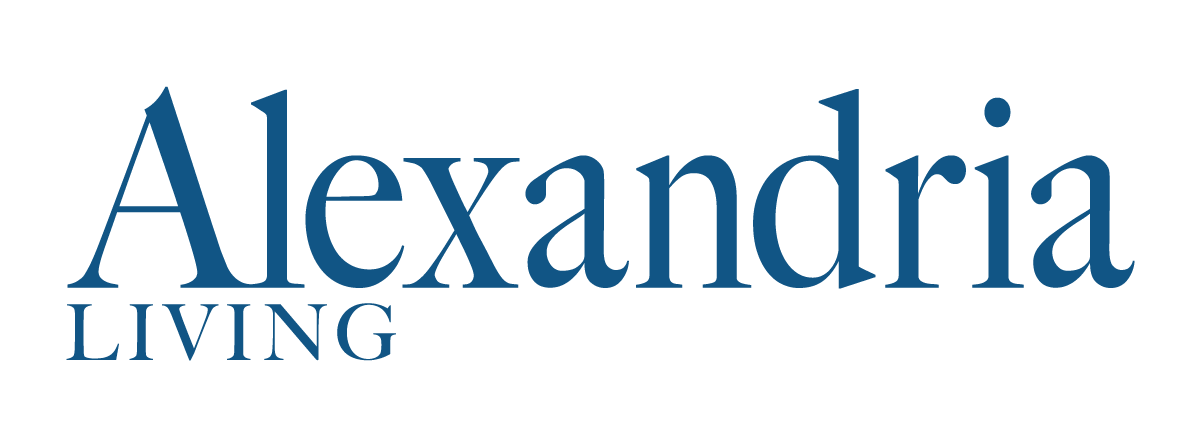A battle with drug addiction is usually viewed as a personal experience but many forget that human beings are connected by relationships. The user is physically and mentally devastated but it does have its effects on the family too. Whether it's the user's spouse, children, siblings, or parents, they suffer from emotional damage as well as financial, legal, and other consequences as a result of the addiction. They can be called secondary affectees.
Family members according to their experiences and personalities respond differently to the user. Some pull back, others get involved and actively participate in the recovery. Considering this, some responsible drug addiction treatment centers like Lantana Recovery, Charleston are offering family support!
Here are some close family relationships that are affected and how they might respond to the recovering person:
1. Traumatized Children
According to the Substance Abuse and Mental Health Services Administration (Samhsa) 1 in 8 children are living with a parent who is an active drug user. The factors involved in affecting children are, whether they live with one or both their parents and whether only one of both of them are users.
Children living with one parent or where both parents use are in the same situation. Children with one non-user parent can turn to them for support but with both parents, it's an emotional turmoil. These children develop physical signs and emotional feelings of being unsafe living in an unpredictable environment. They also grow up to be emotionally unstable adults as well as develop extreme guilt and self-blame. Unworthiness is also one of the major feelings among these children. In extreme cases, they are removed from the drug users house and moved to foster care.
2. Spouses
Spouses are one of the most obvious and directly affected victims of drug abuse. Dishonesty and selfishness on the users’ part tend to make the marriage bitter for the spouse. The user is often blind to the full impact of their relationship. If the couple has children, the non-user has the burden of protecting them from the other spouse and keeping their mental health in check as well. Sometimes drug users resort to physical and mental abuse just to get their way. Some spouses may seek professional help but some play the role of the enabler for the user.
3. Parents
Parents with children no matter the age often blame themselves for not bringing them up. Constantly being nudged by the worry of their child’s wellbeing does emotional damage on massive levels. Parents are often affected financially as they try to support their child hoping they will turn around to satisfy their guilt or self-blame. According to the NCBI, parents of such children create unhealthy dependent relationships with them as the child grows up. Parents are always advised to seek professional help if they are still the guardian of the child such as teenagers or early twenties and are also advised to refrain from funding their unhealthy habits
4. Siblings and extended family
Siblings are often referred to as the invisible victims of drug abuse. If parents are drug addicts, the elder sibling often takes on the role of a parent to protect the younger ones. This switch in relationships often sends them down a spiral of a variety of emotions. Elder siblings might feel confusion, frustration, resentment, and shame towards themselves, their younger siblings, and most of the time parents as well. If the drug addict is an adult their siblings might experience a feeling of grief and loss as their sibling is not the same person as they used to be. Some adult siblings might suffer from financial losses because they are supporting the drug user through recovery.
Some roles to look and beware of when dealing with a drug addict as a family:
1. The Enabler
The enabler is the one who takes care of everything left undone by the addict. Financial, social, business, and family responsibilities are some of the things. This type of person constantly makes excuses for the addict’s behaviors and often enables them to continue the addiction subconsciously.
2. The Hero
The hero is often an elder sibling who overachieves their age and appears all confident. These are often kids who assume responsibilities in absence of another parent or any support. As an adult, they become obsessed with perfection.
3. The Scapegoat
These children display mischievous and chaotic behavior and often get in trouble as children at school and by law as an adult if untreated.
4. The Mascot
These people use humor as a coping mechanism to pretend everything is okay at home. They are the stress reliever of the family to maintain comfort
5. The Lost Child
This child often engages in fantasy play to distract themselves and has difficulty developing relationships as an adult.
It’s very rare that the effects of addiction are limited only to the user. The immediate family and sometimes extended family both are affected in one way or the other. It is important to take care of their emotions and mental health as well while the addict is in recovery. The recovery is more successful when both sides are getting help and understanding each other equally.
